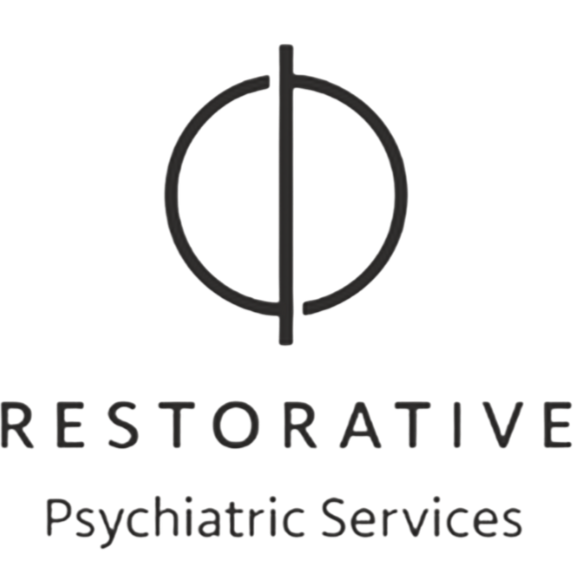Depression
A common and serious mental health condition that affects how a person feels, thinks, and functions. It goes beyond feeling sad or having a “bad day.” Depression involves a persistent low mood, loss of interest in activities, and can impact sleep, energy, appetite, and overall quality of life. Depression can affect people of any age, background, or gender. It’s not a sign of weakness, and it’s not something someone can just “snap out of.” The good news is: depression is treatable, and most people feel better with the right care.
Therapy
Cognitive Behavioral Therapy (CBT): Helps individuals identify and change negative thought patterns and behaviors.
Interpersonal Therapy (IPT): Focuses on improving relationships and social functioning.
Psychodynamic Therapy: Explores how past experiences and unconscious patterns influence current emotions and behavior.
Family or couples therapy may be helpful if relationship issues contribute to symptoms.
Therapy can be short-term or long-term, depending on the severity and type of depression.
Medication
Antidepressants such as SSRIs (e.g., fluoxetine, sertraline) or SNRIs (e.g., venlafaxine, duloxetine) are often effective in reducing symptoms.
Other medications may be used depending on individual needs, including atypical antidepressants or mood stabilizers.
Medication can take several weeks to work, and should be prescribed and monitored by a qualified healthcare provider.
Lifestyle & Support Strategies
Regular exercise has been shown to improve mood and reduce symptoms.
Healthy sleep and nutrition can support emotional well-being.
Social connection and support are key—talking to trusted friends, family, or support groups can reduce isolation.
Mindfulness, meditation, and journaling may help manage stress and increase self-awareness.
Depression is treatable, and no one has to go through it alone. Whether symptoms are mild or severe, short-term or ongoing, reaching out for professional help is the first step toward healing. Many people begin to feel better with therapy, medication, lifestyle changes—or a combination of all three.

